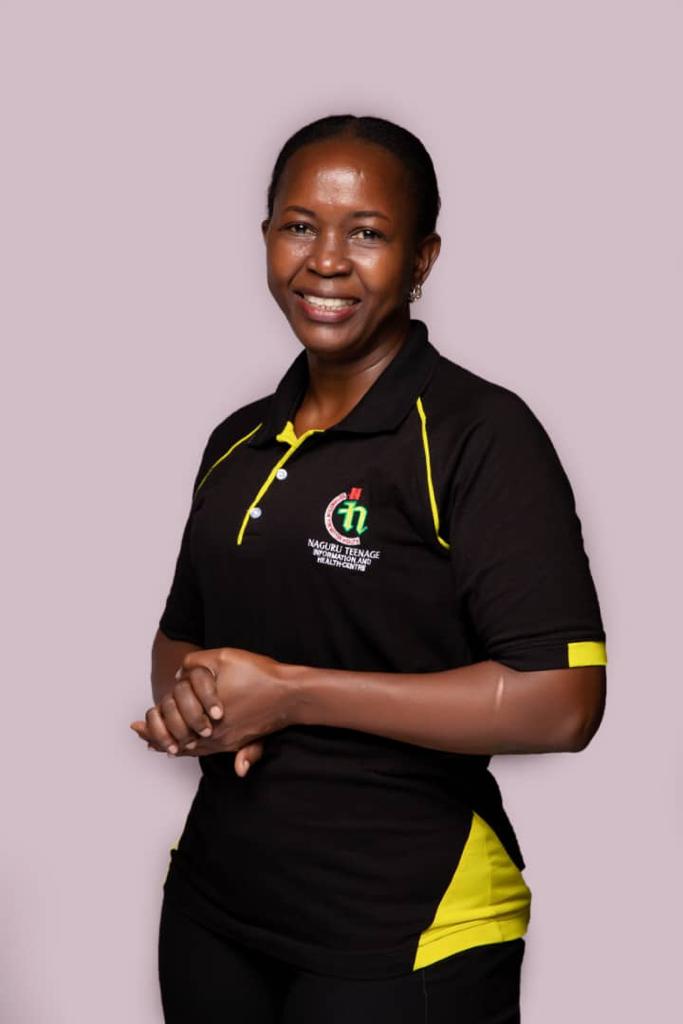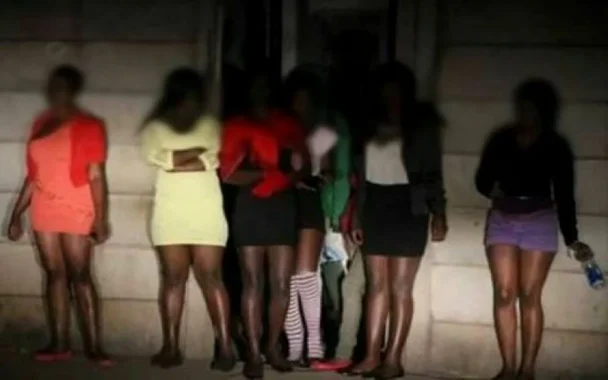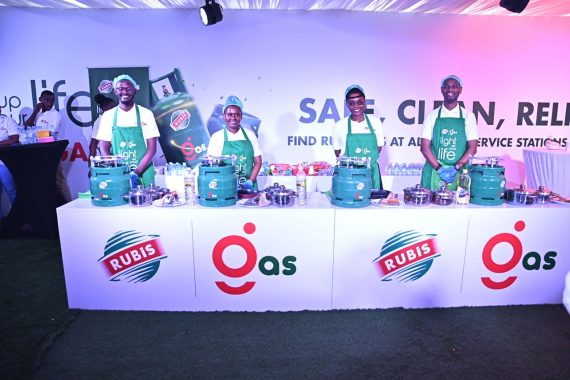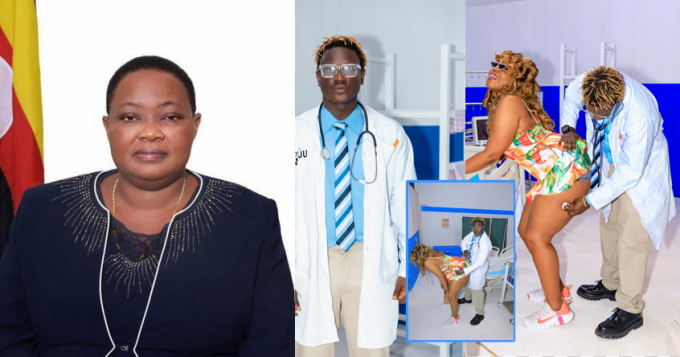Majority of the girls who test positive for pregnancy lack information on reproductive health, and are often surprised whenever the news is broken to them.
Records from Naguru Teenage Information and Health Centre (NTIHC) Kiswa facility indicate that during the FY 2021/2022, of the 642 girls aged 10-24 years that had a pregnancy test, 37% (239) turned out positive of which 98 were aged 12-19 years. Data further shows that 38% (92) of the positive cases were in-school girls indicating an increase of 119% from the previous FY 2020/2021. More so, 64% of the pregnancies recorded at the Centre were indicated to be unplanned.
“Most of the girls who test positive come when they do not know. They walk in here like any other person to get a service, only to discover that they are pregnant. They deny having intimate relationships and when they take a pregnancy test, it reads positive. That shows that they don’t have any information about the consequences of engaging in unprotected sex,” Rose Kusemererwa, a Maternal Child and Neonatal Health Officer at the Teenage Centre notes. Kusemererwa adds that “Some present with nausea, headache, and body weakness and others come at four months when the abdomen is already swollen and say they did not know that they were pregnant. Other clients come after missing their monthly period, complaining of movements in the abdomen and upon palpations, we find that the fundal height is raised.”

As Uganda joins the rest of the World to commemorate the International Day of the Girl Child, tracking progress on interventions aimed at enabling young people to take on the right decisions as far as their rights are concerned is key.
The theme, “Our time is now- Our rights our future” reminds us to recognize the power of the girl child and empower them to express themselves and demand their rights.
This is because by nature, physiological changes especially puberty are likely to increase their chances of dropping out of school, early marriage, teenage pregnancy, and others. It is also crucial to understand the interrelationship between early childbearing and low educational attainment; many girls who get pregnant drop out of school, which negatively impacts their children, families and the country at large.

Dr Rodgers Ampwera, the Executive Director of NTIHC noted that empowering girls through education and information on sexual reproductive health and rights will enable them to reclaim their rights, and avoid teenage pregnancy and marginalization.
He added, “Over 75% of girls who come to the Teenage Centre and test positive are those who are out of school. That means that the burden for teenage pregnancy and child marriage is in away three times more in those out of school compared to those in school. In school, we see rates of around 25% who will test pregnancy and it happens mostly during holidays.”
As of 2021, the country recorded 31,565 pregnancies every month which translates into 1,052 pregnancies are recorded daily, according to the District Health Information System-2 (DHIS-2). The increasing rate of teenage pregnancy is compounded by other SRHR indicators where Uganda is scoring poorly as indicated by the Uganda Demographic.
Health Survey (UDHS, 2016), high maternal mortality with 28% of maternal deaths occurring among young women (15- 24 years), early sexual debut (16.9 years for females; 18.5 years for males aged 25-49); the high unmet need for family planning at 30% among adolescents, gender-based violence; child marriage (34 per cent by 18 years).
Empowering girls through Peer modeling
The Teenage Centre is offering quality peer education, an approach aimed at reducing the vulnerability of young people to teenage pregnancy, HIV and Sexually Transmitted Infections (STIs). Peer modelling is one of the ways of empowering girls to know their rights; be in a position to own their lives, make decisions and take charge of their destinies. This certainly translates into better health-seeking behaviours.
“Being a healthy-driven entity, the Teenage Centre is ensuring that we keep young people healthy through our peer model, the outreach program that is also complemented by social behavioural change. All that is aimed at avoiding repeat pregnancies for those who have already become mothers, making sure that we have different measures of preventing HIV and STIs through access to contraception,” Dr Ampwera noted.
Over the years, he added, we have been doing peer modelling, especially around the early stages, where girls come in as peers, support their fellow young people in areas of decision making, forming relationships and as they transition, they are in a position to strategize their career paths.
The enabling environment of the Centre also makes it easier for young people to open up.
“When you walk in, you are accepted, allowed to express, appreciate yourself, and see what role you can play as a young person in pursuing your rights. As a Teenage Centre, we want to see a world where the girl child is safe, and empowered to express herself and make her own decisions,” Dr Ampwera said.
More about Naguru Teenage Information and Health Centre – https://www.youtube.com/watch?v=gP5sLPBrE4A

















